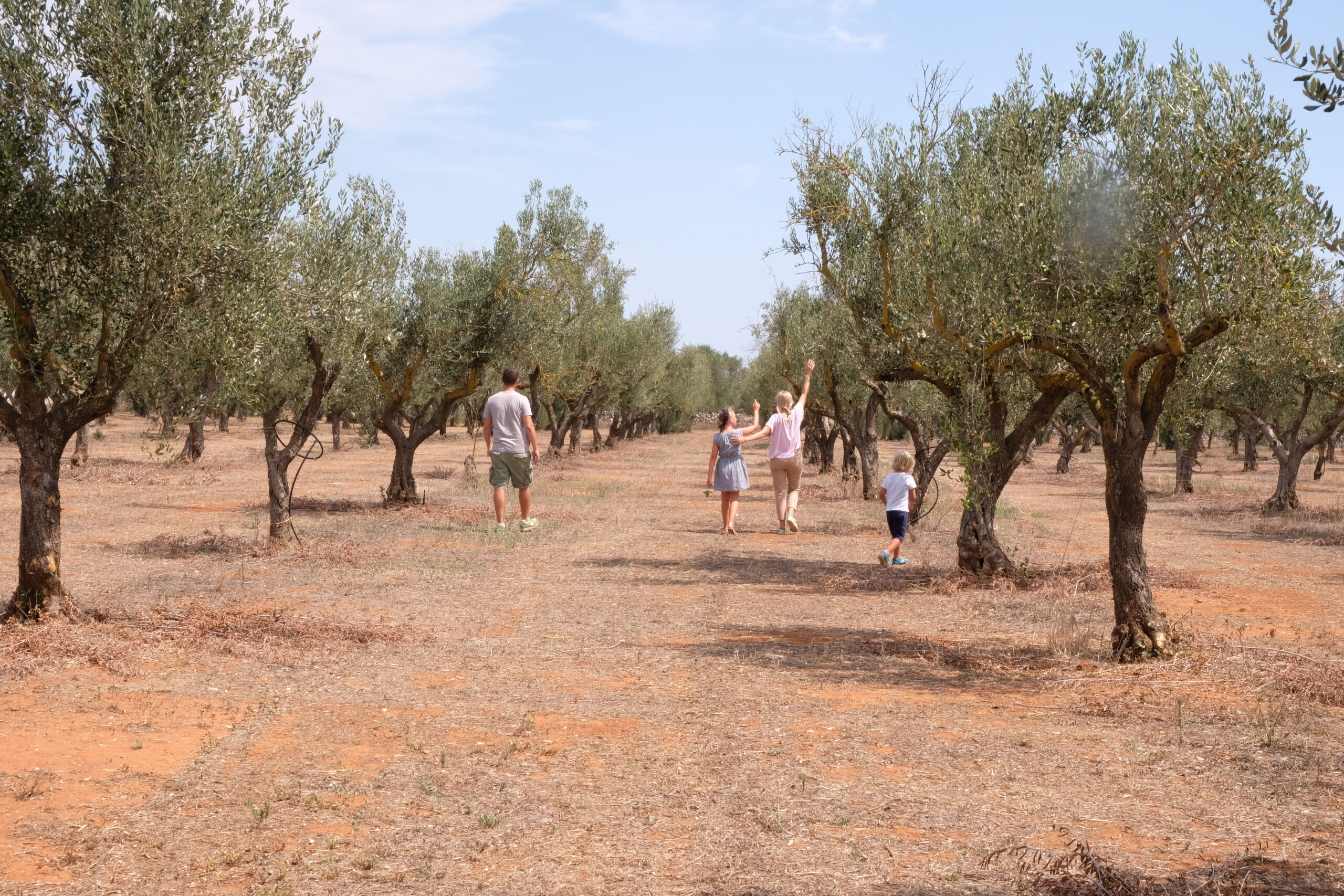Punarbhavaa leads manufacturing of sustainable packaging products
Tirupur-based Punarbhavaa Sustainable Products took a leap into the past on their quest to manufacture sustainable paper, marking the beginning of their climate action journey. In addition to solidifying their position as a widely acknowledged icon in their industry, over the years they have made significant strides in emissions reduction and circularity based business models.
(MSMEs working to reduce their emissions and become more sustainable can kickstart their climate journey by making the SME Climate Commitment. Learn more here.)

Punarbhavaa Sustainable Products (PSP), was founded in 2013 with the belief that eco-friendly packaging needs to underscore the sustainable fashion industry. This Tirupur-based Indian MSME was founded by six partners, with over 25 years of combined experience in the textile industry.
At the time the idea of PSP was conceived, global fashion brands were beginning to make sustainability commitments, without a clear solution for environmentally safe packaging. In their research, the company discovered that the earliest paper manufactured in history was made from cotton. Building on this premise, they decided to modernise and re-introduce the concept of cotton paper, making use of textile waste that would otherwise end up in landfills and thereby also reduce commercial logging of trees for paper. Thereafter, PSP began manufacturing a range of associated products that reduce water, waste, and energy footprint of traditional paper products.
In 2023, PSP made their first net zero commitment through the SME Climate Hub. Their commitment to reduce emissions and embrace circularity has not only contributed to environmental sustainability but has also paved the way for the diversification of their product range. Today, PSP’s offerings have expanded vastly beyond paper to include sustainable solutions across other categories in packaging, labels, tags, bags, notebooks, coasters, and clothes hangers. The company also offers sustainable elastic, tape, and ties among other products. Their expansive sustainable product line has propelled the business into the role of a one-stop solution provider for global brands and buyers to source sustainable and circular options to fulfil their business requirements and environmental commitments.

How PSP takes climate action
Besides the company’s sustainable product offerings, PSP incorporates circularity and sustainable processes in its manufacturing. This includes converting cotton textile waste into 100% recyclable cotton paper using its proprietary technology and custom designed machinery. This process is entirely chemical-free, powered by solar energy, and utilises recycled water. The paper produced by PSP is wood-free, chemical-free, biodegradable, and recyclable.
Today, the company has a daily production capacity of 3 tonnes and all of its equipment use energy efficient technologies. Additionally, PSP’s 150 kilowatt rooftop solar installation provides 50% of the plant’s electricity needs. The water used in the production process is recycled 6 to 7 times, after which it is used to irrigate the company’s coconut plantation. Sludge from water recycling is also used as fertiliser, and the remaining paper waste is reused in the production process.
Any waste generated after all the processes that remains unutilised is responsibly disposed of with designated waste collectors/recyclers.

The company is also in the process of transitioning its two-wheeler fleet to electric.
Emissions reductions measures
The business undertook a life cycle assessment (LCA) for its products, which is a process of evaluating the effects that a product has on the environment over the entire period of its life from each stage involved in creation to its use. This confirmed that PSP’s products result in 36% lower emissions as compared to paper produced from wood pulp.
In fact, the water consumption is considerably lower at 4.35 litres per kg of cotton paper, versus 300 litres for a kg of wood pulp paper. Further, there is minimal waste in the production process. Nearly 99.9% of the cotton waste is converted to paper.

To validate its claims and encourage transparency in its processes, PSP has obtained several certifications including Sedex, Oekotex, Recycled Claim Standard, Global Recycled Standard, the Higg Index, the Organic Content Standard, and the ZED certification.
Taking a collaborative approach
At present PSP caters to international clients but is exploring collaboration with Indian companies and brands as a market for its products. The company has also partnered with research and academic institutions to further identify potential sustainable solutions for some of its challenges. For example, PSP is working with a scientist to explore chemical-free options for decolouring fabric waste.
PSP also engages with the local community through its corporate social responsibility (CSR) activities. Besides social initiatives, the company interacts with students from local educational institutions towards raising awareness for climate action and concepts of circularity and sustainable business practices.
Challenges and opportunities
While PSP works with a strong international client base, uptake from Indian brands and businesses has not been as favourable, possibly due to a lower level of awareness of the company’s competitively priced products (that are at par with conventional paper products, in most cases).
Introduction of relevant green public procurement policies or green purchasing policy (GPP) that guide businesses when acquiring materials, and supplies based on their environmental impact and human health could also provide a stimulus for the company’s growth. To enable this, decision-makers would need to prioritise provisions for sustainable products in public procurement tenders.
How climate action has unlocked growth
By creating products with lower energy, water, and emissions footprint, PSP has been able to grow its customer base. Clients have also encouraged PSP to offer other solutions such as sustainable elastic, hangtags and printing services, supporting the expansion of their product range.

The business was given the Sustainability Icon Award by NIFT-TEA in 2022 and shortlisted as a finalist in an innovation challenge sponsored by a leading Indian fashion brand.
Committing to the SME Climate Hub
“We believe every step towards sustainability counts. The SME Climate Hub offers us an opportunity to showcase and learn from other SMEs across the globe. We’re proud to make the commitment to the Hub, and feel that our products and practices are closely aligned with the commitment,” says Sakthi Vel, Managing Director at PSP.
Tell us what climate action you’ve taken
MSMEs like PSP provide invaluable insights into how small businesses can identify areas of intervention and begin taking climate action. Interested in sharing your own climate journey for potential inclusion as a business spotlight? Get in touch.



